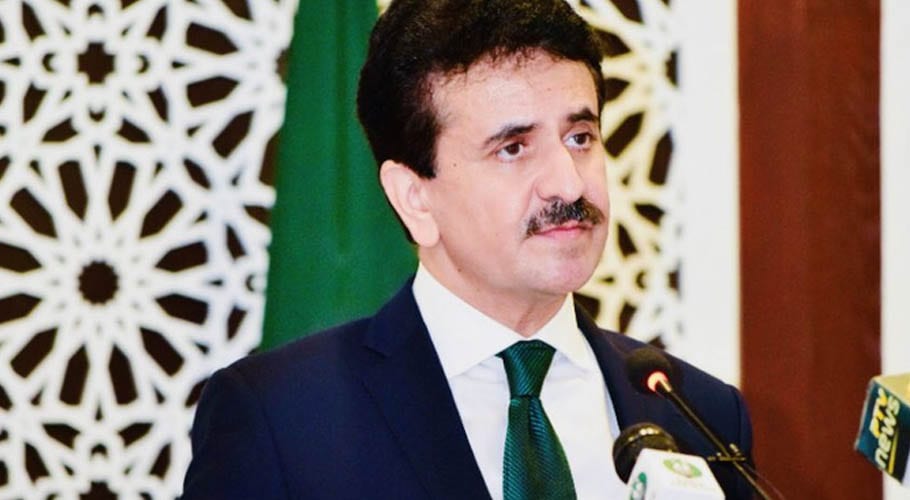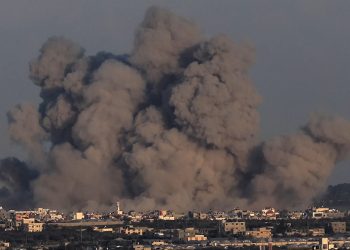ISLAMABAD: Pakistan has congratulated “all weather strategic cooperative partner” China a day after it was officially declared malaria-free by the World Health Organisation (WHO).
“Congratulations to Govt & people of China on ridding the country of Malaria as certified by WHO. From 30m cases annually in 1940 to eradicating mosquito-borne disease is indeed a great achievement. Good to see our “all weather strategic cooperative partner”achieve this milestone,” tweeted Foreign Office spokesperson Zahid Hafiz Chaudhry.
Congratulations to Govt & people of China on ridding the country of Malaria as certified by WHO. From 30m cases annually in 1940 to eradicating mosquito-borne disease is indeed a great achievement. Good to see our “all weather strategic cooperative partner”achieve this milestone
— Zahid Hafeez Chaudhri (@Zhchaudhri) July 1, 2021
China was certified as malaria-free by the World Health Organization, following a 70-year effort to eradicate the mosquito-borne disease. The country reported 30 million cases of the infectious disease annually in the 1940s but has now gone four consecutive years without an indigenous case.
“We congratulate the people of China on ridding the country of malaria,” said WHO Director-General Tedros Adhanom Ghebreyesus. “Their success was hard-earned and came only after decades of targeted and sustained action. With this announcement, China joins the growing number of countries that are showing the world that a malaria-free future is a viable goal.”
Countries that have achieved at least three consecutive years of zero indigenous cases can apply for WHO certification of their malaria-free status. They must present rigorous evidence — and demonstrate the capacity to prevent transmission re-emerging.
The last countries to gain the status were El Salvador (2021), Algeria and Argentina (2019), and Paraguay and Uzbekistan (2018). There is a separate list of 61 countries, including Japan, where malaria never existed, or disappeared without specific measures.
China is the first country in the WHO’s Western Pacific region to be awarded a malaria-free certification in more than three decades. The WHO’s World Malaria Report 2020 said global progress against the disease was plateauing, particularly in African countries bearing the brunt of cases and deaths.
The annual report, published in November, said that after steadily tumbling from 736,000 in 2000, the disease claimed an estimated 411,000 lives in 2018 and 409,000 in 2019. Meanwhile, in 2019 the global tally of malaria cases was estimated at 229 million — a figure that has been at the same level for the past four years. Over 90 percent of malaria deaths occur in Africa, the majority — more than 265,000 — in young children.
In the 1950s, Beijing started working out where malaria was spreading and began to combat it with preventative anti-malarial medicines, said the WHO. The country reduced mosquito breeding grounds and stepped up spraying insecticide in homes.
In 1967, China launched a scientific program to find new malaria treatments, which led to the discovery in the 1970s of artemisinin — the core compound of artemisinin-based combination therapies (ACTs), which are the most effective antimalarial drugs available.
In the 1980s, China was among the first countries to extensively test the use of insecticide-treated nets to prevent malaria. By 1988, more than 2.4 million had been distributed nationwide.
By the end of 1990, the number of malaria cases in China had plummeted to 117,000, and deaths had been cut by 95 percent. From 2003, China stepped up efforts across the board that brought annual case numbers down to around 5,000 within 10 years.
After four consecutive years of zero indigenous cases, China applied for WHO certification in 2020. Experts traveled to China in May this year to verify its malaria-free status and its plans to prevent the disease from coming back.



































